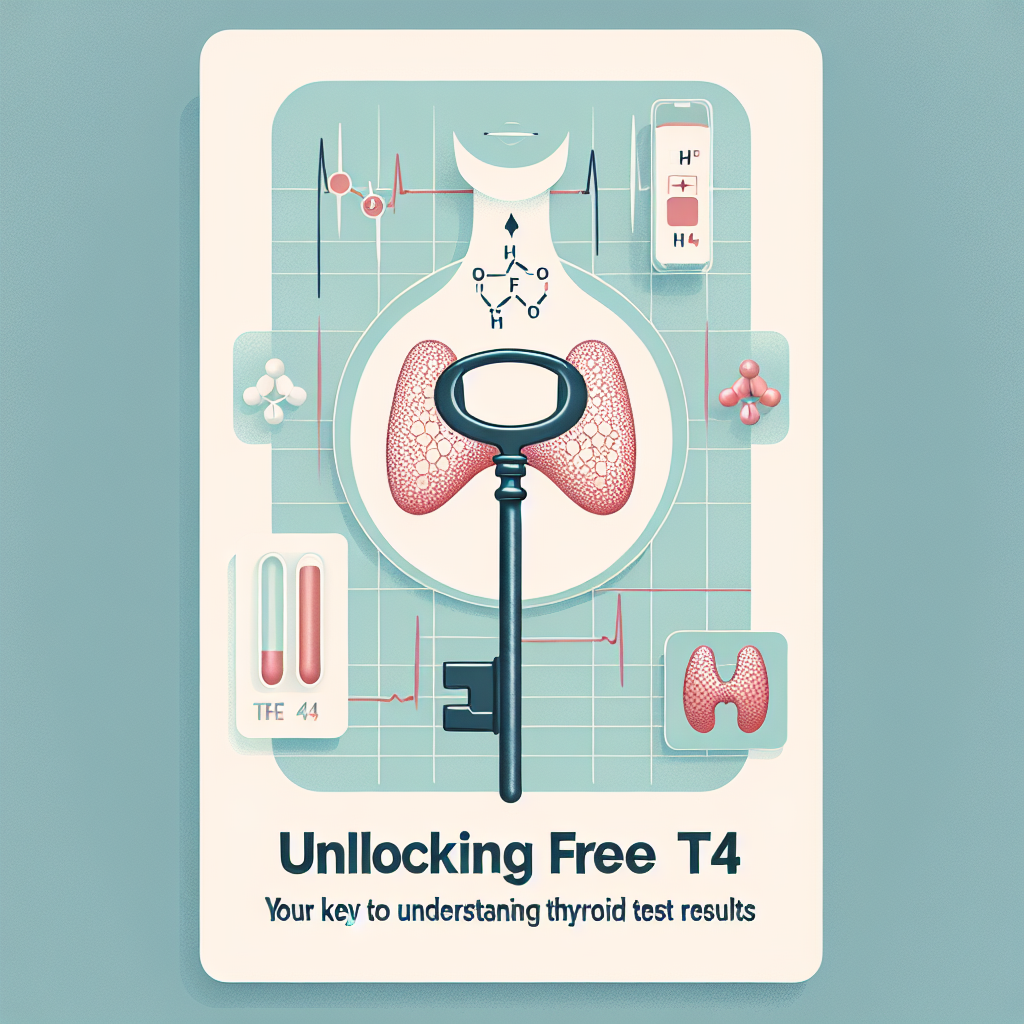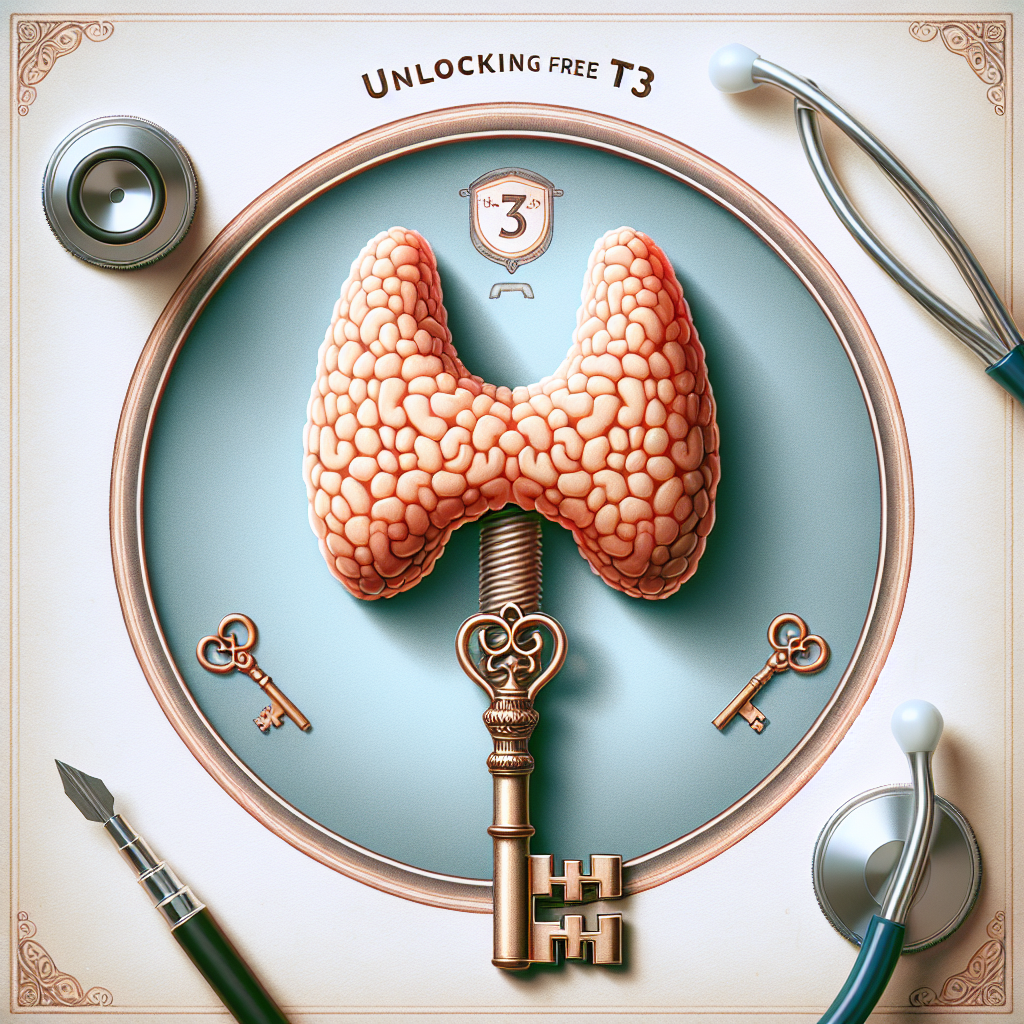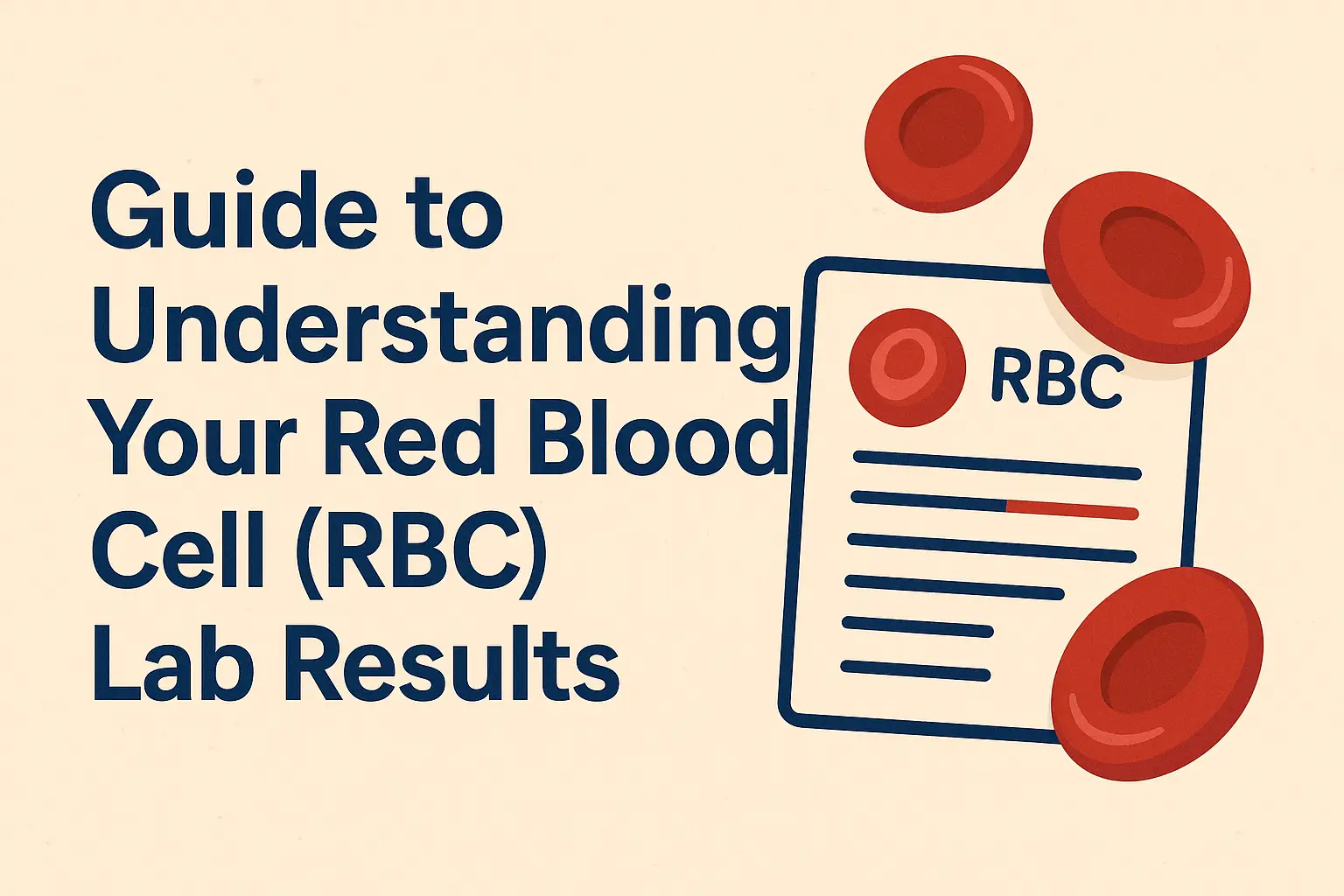When you receive your blood test results, you might have questions, particularly if you see the term cortisol. Gaining a solid understanding of this marker is crucial for effective communication with your healthcare provider and for playing an active role in your health management. Cortisol is far more than a mere stress hormone; it fulfills several essential functions in the body.
This article will help you interpret your results with confidence. You’ll learn what cortisol is, why maintaining its balance is vital, and specific actions you can take to ensure your levels stay healthy for your overall well-being.
What is Cortisol?
Cortisol, also known as hydrocortisone, is a steroid hormone generated by the adrenal glands, which are located above each kidney. This hormone belongs to the glucocorticoid family, and it plays a fundamental role in our body’s processes.
The Cortisol Production System
The production of cortisol is carefully regulated through a complex system known as the hypothalamic-pituitary-adrenal (HPA) axis. The hypothalamus in the brain sends a signal to the pituitary gland, which then releases adrenocorticotropic hormone (ACTH). In response, the adrenal glands produce and release cortisol into the bloodstream.
Cortisol’s Role as an Orchestra Conductor
Cortisol influences many vital processes, primarily regulating the metabolism of carbohydrates, proteins, and fats. It acts as a resource manager, ensuring that energy is mobilized according to immediate needs, especially during stressful situations.
This hormone operates on a natural cycle known as the circadian rhythm, with levels peaking in the morning to promote alertness and energy for daily activities. Cortisol levels gradually decline throughout the day, facilitating a smoother transition to sleep at night. This cycle helps synchronize your energy with daily demands.
Healthcare professionals measure cortisol levels to assess adrenal gland health or to investigate chronic stress-related disorders and certain medical conditions.
Why is Its Balance So Important?
Cortisol is not just a “stress hormone”; it is a critical regulator affecting nearly all body systems. It plays a significant role in the functioning of the immune system, metabolism, blood pressure, and even your mood.
Persistent imbalances in cortisol levels can have serious implications. High cortisol over time can lead to weight gain, elevated blood pressure, and immune system disruptions. Conversely, low cortisol levels might result in severe fatigue, muscle weakness, and low blood pressure.
The Impact of Cortisol on Other Systems
The interconnectedness of hormonal systems is crucial. Elevated cortisol can inhibit the conversion of thyroid hormones (from T4 to active T3), potentially mimicking symptoms of hypothyroidism. Additionally, cholesterol is a precursor for cortisol synthesis. Thus, disruptions in cortisol levels can affect your lipid profile.
In clinical settings, cortisol analysis aids in diagnosis. For instance, unexplained chronic fatigue with low morning cortisol may prompt a doctor to explore adrenal insufficiency. In contrast, high cortisol levels associated with resistant hypertension may lead to investigations for Cushing’s syndrome.
How to Interpret Your Test Results?
When reviewing your test report, several key pieces of information should be noted, including your measured value, the laboratory’s reference range, and possibly a flag indicating if your result is outside the normal range.
Reference values are typically defined based on the time of collection to accommodate the circadian rhythm.
- Morning (around 8 a.m.): Normal values typically range from 5 to 25 µg/dL (or 138-690 nmol/L).
- Afternoon or Evening (4 p.m. – 8 p.m.): Levels are generally lower, often below 10 µg/dL (or 276 nmol/L).
To effectively interpret your results, follow these steps:
- Review the time of collection indicated on the report.
- Compare your result with the reference values for that specific time frame.
- Note any deviations from the reference limits (high or low).
- Look for any indicators such as “H” (high) or “L” (low).
- Consider any comments made by the biologist, if available.
Fasting is often recommended for morning testing; however, variations due to stress or physical activity can have a greater impact than food intake.
Conditions That May Be Related to Cortisol
An abnormal cortisol level can indicate a range of medical conditions.
Excess Cortisol (Hypercortisolism)
- Cushing’s Syndrome: This condition is characterized by excessive and prolonged cortisol production, often due to a benign tumor of the pituitary gland. Symptoms include a rounded face, central weight gain, thinning skin, high blood pressure, and diabetes. Diagnosis usually requires tests like the dexamethasone suppression test.
- Chronic Stress: Ongoing activation of the stress response can keep cortisol levels elevated, leading to symptoms such as sleep disturbances, anxiety, or abdominal weight gain.
- Corticosteroid Use: Long-term use of cortisone-type medications can mimic hypercortisolism by suppressing natural cortisol production.
Cortisol Deficiency (Hypocortisolism)
- Addison’s Disease: This rare condition involves damage to the adrenal glands (often due to autoimmune processes), leading to insufficient cortisol production. Symptoms may include extreme fatigue, low blood pressure, weight loss, and skin hyperpigmentation.
- Corticotropic Insufficiency: This occurs when the pituitary gland does not produce enough ACTH, resulting in insufficient cortisol production. Symptoms can include fatigue, nausea, and weakness.
- Post-Chronic Stress Symptoms: Some clinicians describe a set of symptoms (such as morning fatigue and low energy) that arise after a prolonged stress period. While not a formal diagnosis, it denotes a state of functional exhaustion.
Practical Tips for Managing Your Cortisol Levels
If your cortisol levels are slightly outside of the normal range, making lifestyle adjustments can often help. However, in cases of significant deviations or severe symptoms, a consultation with a medical professional is imperative.
Nutritional Strategies
A well-balanced diet aids in hormonal regulation. Aim to include:
- Foods high in magnesium: such as green leafy vegetables, nuts, and seeds.
- Sources of omega-3: including fatty fish and flaxseeds.
- Food with a low glycemic index to help stabilize blood sugar levels.
- Vitamin C (found in citrus fruits, kiwis, and bell peppers), which supports cortisol metabolism.
- Consider reducing caffeine intake, particularly in the afternoon.
Lifestyle Adjustments
- Stress Management: Incorporate techniques such as mindfulness meditation or deep breathing exercises into your daily routine.
- Physical Activity: Engage in regular, moderate activities like walking, yoga, or swimming. However, be cautious, as overtraining can raise cortisol levels.
- Restful Sleep: Create a consistent sleep schedule and limit screen time one to two hours before bed to optimize cortisol cycles.
- Regular Breaks: Plan short breaks during your workday to allow your nervous system to recover.
Frequently Asked Questions About Cortisol
Does Physical Exercise Alter Test Results?
Yes, it can have a significant impact. Intense exercise may temporarily elevate cortisol levels. To obtain accurate results, it is advisable to refrain from intense physical activity for at least 24 hours prior to the blood draw.
Do Hormonal Contraceptives Influence Cortisol Measurement?
Yes, they do. Oral contraceptives containing estrogen increase the protein that carries cortisol, leading to higher total cortisol measurements in the blood, even though active cortisol amounts may not change. It’s essential to mention this during sample collection.
Does Intermittent Fasting Have an Impact?
The effects can vary. Initially, fasting may raise cortisol in response to metabolic stress; however, over time, it might help regulate stress and inflammation for some individuals.
What is the Difference Between a Blood Test and a Salivary Test?
The blood test measures total cortisol (both bound and free), whereas the salivary test assesses only the free form, which is biologically active. Salivary testing can also capture multiple samples throughout the day to effectively analyze the cortisol circadian rhythm.
Take Action for Your Hormonal Balance
Cortisol is a crucial regulator of your metabolism, immune response, and energy levels. Understanding your test results marks the beginning of becoming an active participant in your health journey.
Taking proactive measures to manage your hormonal balance can enhance your resilience to stress, improve sleep quality, and boost vitality. Minor lifestyle changes can yield noticeable benefits within weeks. Always feel empowered to discuss your results and any concerns with your doctor, who is your best ally in personalized healthcare.
Additional Resources
- For more insights about this blood marker, click here.
- To further explore and understand other markers, more articles can be found here.
Confused by Your Blood Test Results?
Get immediate clarity. BloodSense provides online interpretation of your blood test results within minutes. Our secure platform translates complex medical data into an easy-to-understand report. Take charge of your health today. Visit bloodsense.ai for your personalized insights now.







